Tips and Tricks on Preparing for Certificate of Merit
“It is important to start preparing and reviewing early. Your previous tests and judge’s comments can also help you work on things that may need more attention.”
March 2, 2018
The Certificate of Merit (CM) exam is a yearly test taken in February or March where students in California are tested on their musical capabilities at a certain level. With the test right around the corner, many students face stress as they strive to pass with the highest honors. Here are some tips to help you stay focused and achieve the score you want!
- Do not procrastinate on studying or memorizing your pieces. Practice the piece in smaller phrases without the music, and add a little more each time. Set goals for memorizing!
- “Best thing is to always practice a lot. Don’t just play from the beginning to end. Always work on the harder parts separately and repeatedly,” music school OrchePia piano teacher Jacqueline Kim said.
- Show up to the theory test early to get as much time to complete it and to listen to the ear training portion as many times as you need.
- Make sure you know composers and terminology well. This can help you gain a better score on the theory portion.
- “For theory, I like to make flashcards of the terms, and I also take different versions of practice tests so I can get a sense of what the real one might be like,” freshman Serena Phelps said.
- Breathe before you start your performance; people tend to rush when they are nervous, and this can lead to mistakes that can easily be avoided by slowing down.
- “I also practice my solo pieces with a metronome since I play with a piano accompanist, and I want to make sure we match together,” Phelps said.
- Do not just look at notes for sight reading; watch for dynamics, time signature and key signature.
- See the connection between theory and performance. Knowing how they are connected can help you better understand your pieces.
- “For technique and theory, it’s connected, so when you learn dominant seventh chords in theory, you play in technique, so it’s easy to connect theory and technique,” Kim said.
Make sure to stay relaxed and work hard. Good luck!



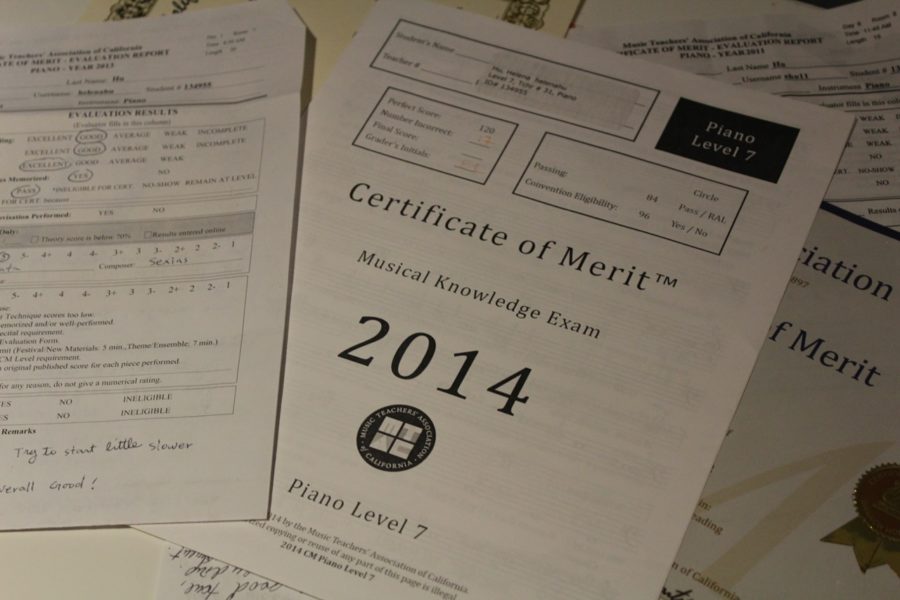


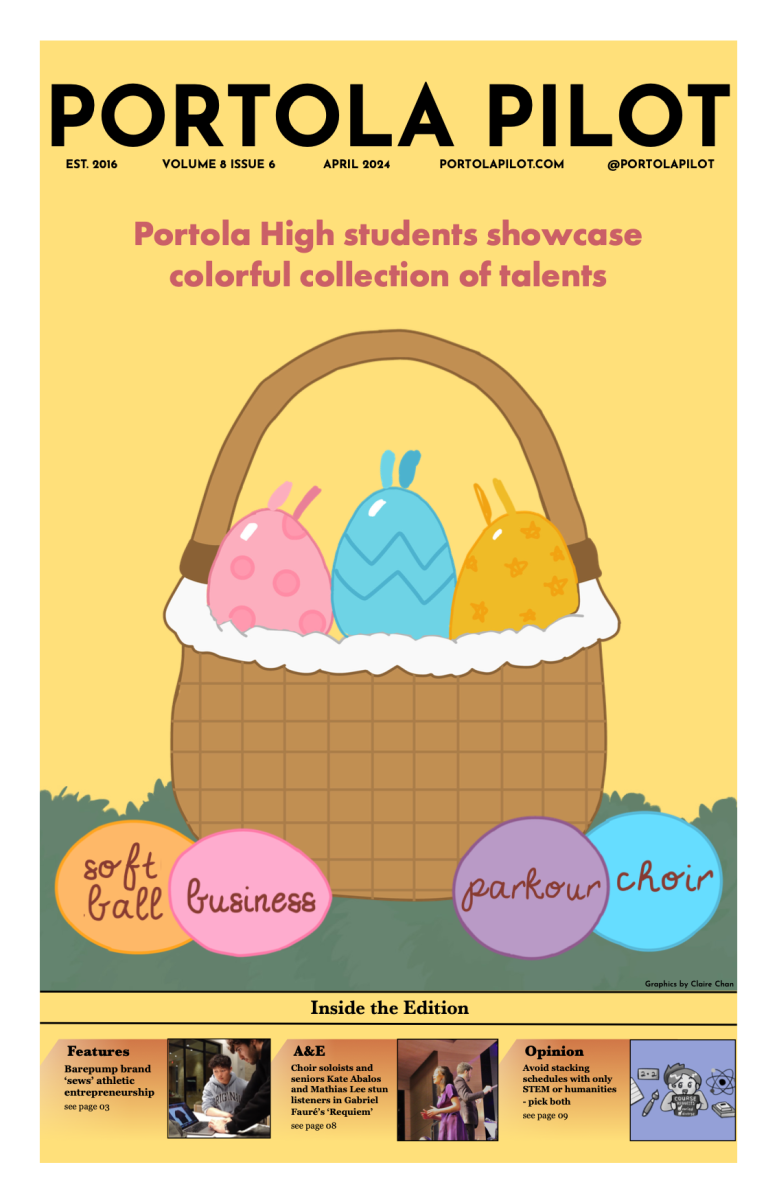

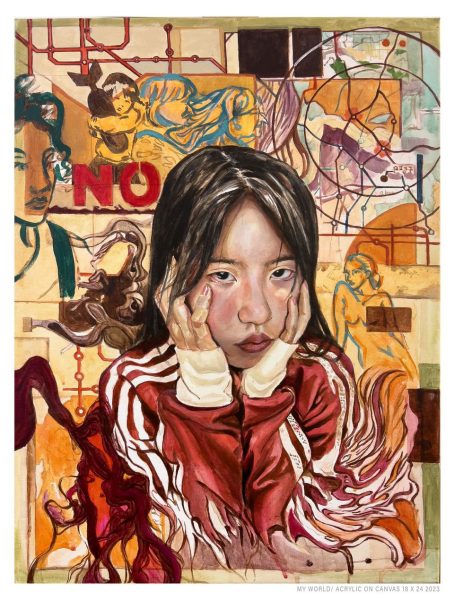
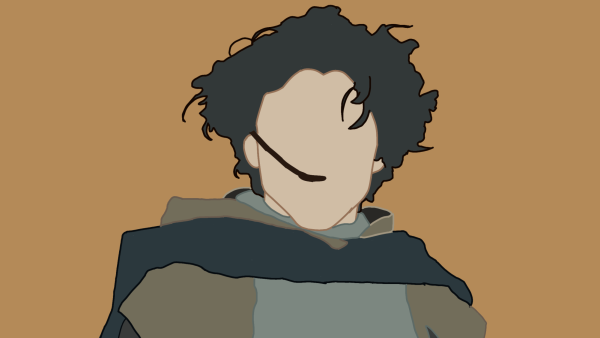
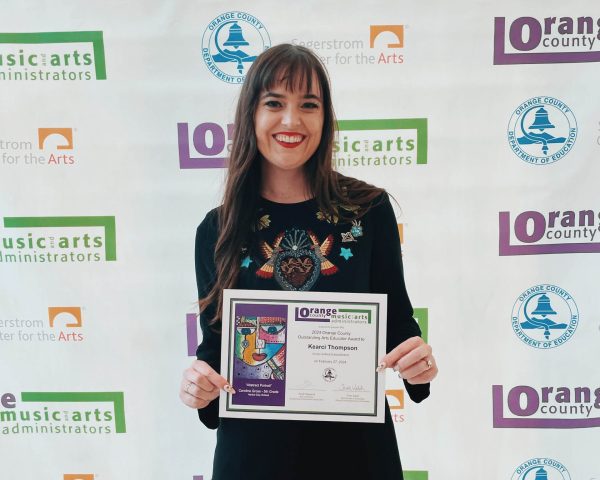



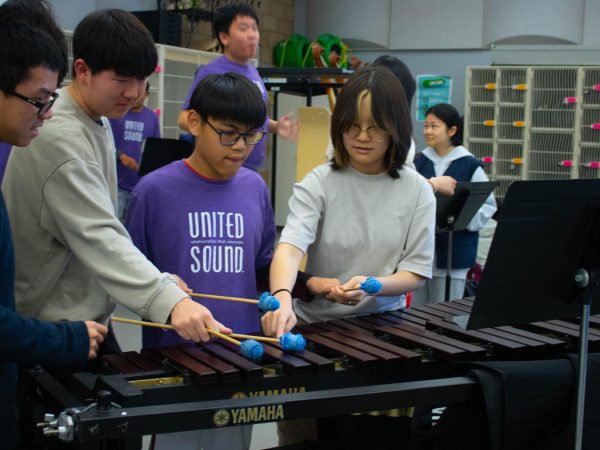
![Art Fair participants from various clubs and art courses had the opportunity to sell handmade creations to students at stands near the ASB room during lunch from Jan. 30 to Feb. 1. “I feel like its just a good way to connect with the rest of my peers, the artist community [and] the student body while also giving back to the school because its given me so many opportunities where I can flourish in the creative arts,” artist and junior Alexander Torpus said.](https://portolapilot.com/wp-content/uploads/2024/02/IMG_6896-1-600x400.jpg)
